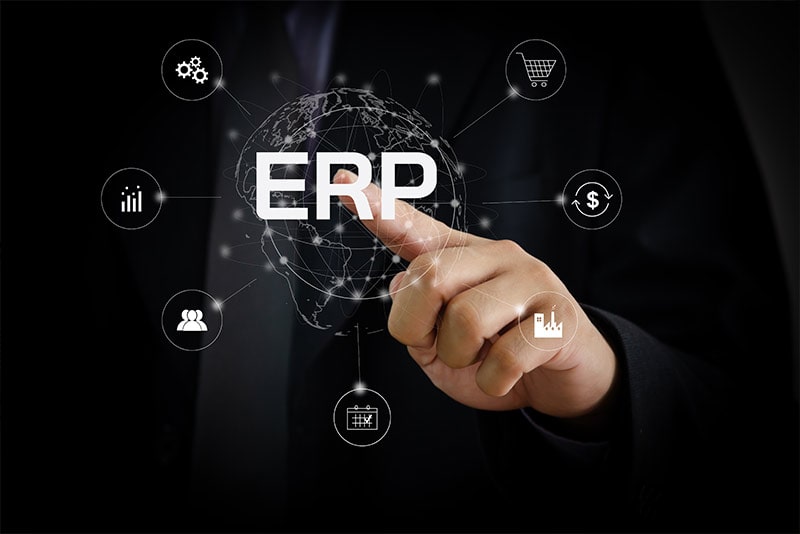
ERP solutions play a significant role in boosting supply chain management by providing various capabilities and benefits. Here are some ways ERP solutions can enhance supply chain management:
- Streamlined Processes: ERP systems integrate various supply chain functions such as inventory management, procurement, production planning, and logistics. By streamlining these processes, ERP solutions enable efficient coordination and collaboration across different departments, leading to improved supply chain performance.
- Enhanced Visibility: ERP systems provide real-time visibility into the entire supply chain, including inventory levels, order status, and production schedules. This visibility enables better demand forecasting, inventory planning, and decision-making, reducing stockouts, excess inventory, and associated costs.
- Inventory Optimization: ERP solutions help optimize inventory levels by tracking stock movements, monitoring demand patterns, and automating replenishment processes. By maintaining optimal inventory levels, businesses can minimize carrying costs while ensuring adequate stock availability to meet customer demands.
- Demand Planning and Forecasting: ERP systems incorporate demand planning and forecasting modules that analyze historical data, market trends, and customer demand patterns. These tools assist in accurately predicting future demand, aligning procurement and production processes accordingly, and avoiding stock shortages or overages.
- Supplier Management: ERP solutions facilitate effective supplier management by consolidating supplier information, managing contracts, and tracking supplier performance. This helps businesses maintain strong relationships with suppliers, negotiate better terms, and ensure timely deliveries, reducing supply chain disruptions.
- Efficient Production Planning: ERP systems support production planning and scheduling by optimizing resource allocation, coordinating workflows, and tracking production progress. By synchronizing production activities with demand forecasts, businesses can minimize lead times, improve on-time delivery, and optimize resource utilization.
- Supply Chain Analytics: ERP solutions offer robust analytics and reporting capabilities, allowing businesses to analyze supply chain performance metrics, identify bottlenecks, and make data-driven decisions. These insights help optimize supply chain processes, improve efficiency, and drive continuous improvement initiatives.
- Compliance and Traceability: ERP systems enable compliance with regulatory requirements and industry standards by maintaining detailed records and ensuring traceability throughout the supply chain. This is particularly crucial in industries with strict quality control, safety, and traceability standards, such as food and pharmaceutical sectors.
- Collaboration and Communication: ERP solutions facilitate seamless collaboration and communication among supply chain stakeholders, including suppliers, manufacturers, distributors, and customers. Shared data and real-time communication enable better coordination, reduced lead times, and enhanced responsiveness to changes in the supply chain.
By leveraging ERP solutions, businesses can achieve better supply chain visibility, improved operational efficiency, reduced costs, and enhanced customer satisfaction. However, it’s important to note that the effectiveness of ERP solutions in boosting supply chain management depends on proper implementation, integration with existing systems, and ongoing maintenance and optimization efforts.
Category: CRM
